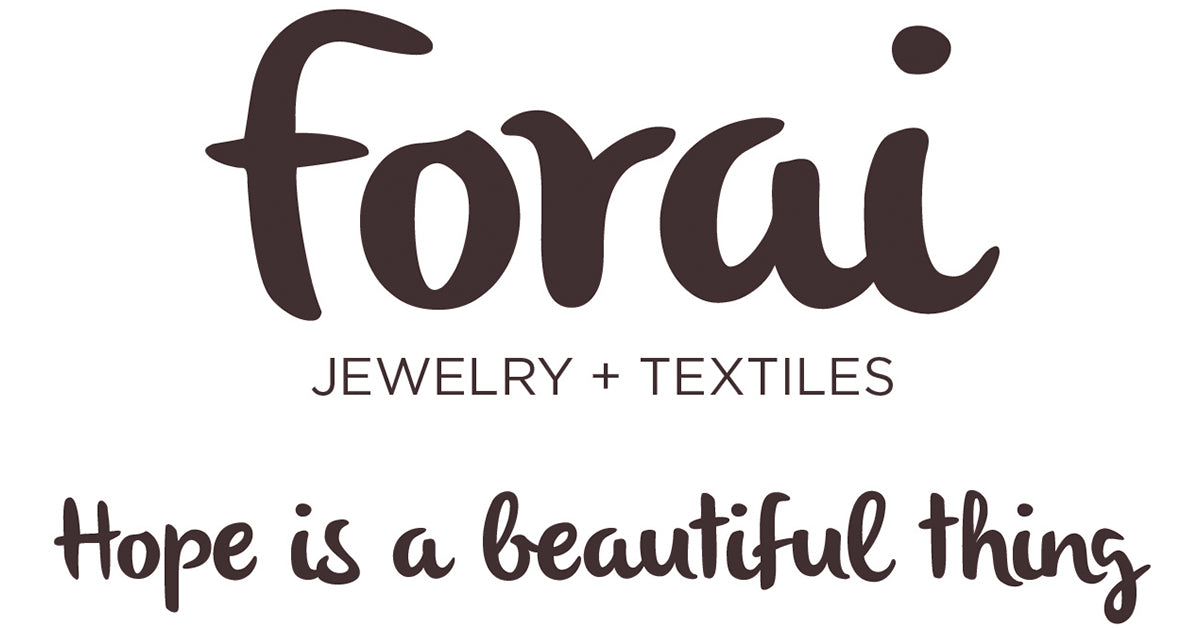The Story of Forai
It all began with Thanksgiving.
In 2008, two Bhutanese families sat around my (Jen’s) dining room table, sharing our Thanksgiving meal. After fleeing persecution in Bhutan and living in refugee camps in Nepal for sixteen years, the two families had been in the United States for just two weeks. They were surprised and thrilled to be with us in our home.
“I never thought I’d be in an American’s home,” Dhital said.
Hearing their stories of being forgotten in refugee camps in Nepal for over fifteen years, after being forced to leave their home in Bhutan in the early 90s, left us all both shocked and humbled.
In 2008, the United Nations stepped in and began the process of granting asylum and resettlement to the Nepali-Bhutanese. Around our table sat some of the most recent asylees, full of hope for a new and better life.
And yet, despite their glowing hope, what would life realistically look like for Yamo, a widow with two school-aged children, no English and little formal education?
This question would not leave my mind. The Lord did not let me forget these newcomers and the wheels began to turn. Slowly gaining momentum, He brought together people and ideas for a business and ministry partnering with refugee and immigrant women. Our vision for empowering the women, enabling them to earn additional income for their families while producing marketable handcrafts, came together in Forai (Friends of Refugees and Immigrants).
Less than a year later, in October 2009, Forai held its first gathering of American volunteers and women from Nepal, Bhutan, Burma, Togo, and Kenya. We continued to see growth and momentum. In May 2010, we formed a Board of Directors and incorporated as a non-profit in the state of Missouri. In May 2014, we received our 501(c)3 status, and in June celebrated the launch of our online store. In October 2017, we moved into permanent workshop/office space on the campus of St. John the Baptist Catholic Church, sharing the building with several other refugee/immigrant-centered organizations.
All of this is because, “hope is a beautiful thing.”
Each year Forai walks alongside 8-12 refugee and immigrant women on the artisan/artisan-admin team and 20-30 women who take part in community sewing classes. Forai works to foster dignity and help these women’s stories be heard. We help empower them economically with income earned from their work. And Forai creates community, a space where women from different backgrounds and cultures are mutually giving and receiving.
Every purchase of artisan-made jewelry and textiles, provides a fair wage and ongoing empowerment, but many women arrive at our workshop while living below the poverty line with almost no English. Donations enable us to onboard new women into our empowerment program. Learn more here.
Our Circles of Unity jewelry in gold or silver is a great place to begin celebrating their strength and yours while honoring the unity of our shared humanity.


